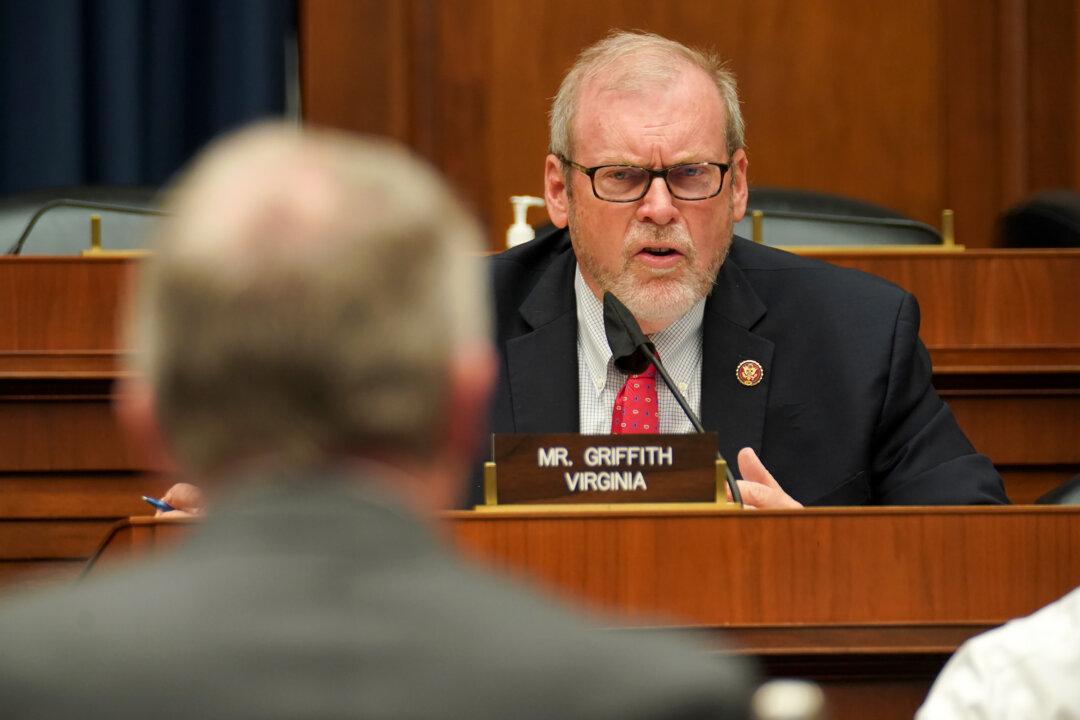INDIANAPOLIS—Vice President Kamala Harris cast her presidential campaign as a fight to defend six freedoms for the American people during a brief visit to the Hoosier State on July 24.
“Ours is a fight for the future,” Ms. Harris told some 6,000 members of Zeta Phi Beta, a historically black sorority of which she is a member, at the group’s international convention.





